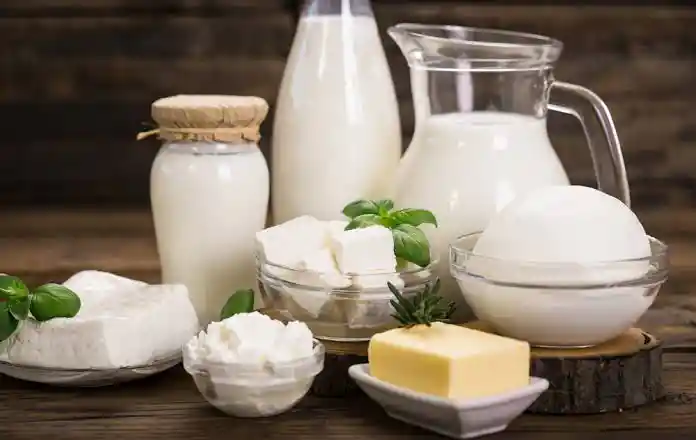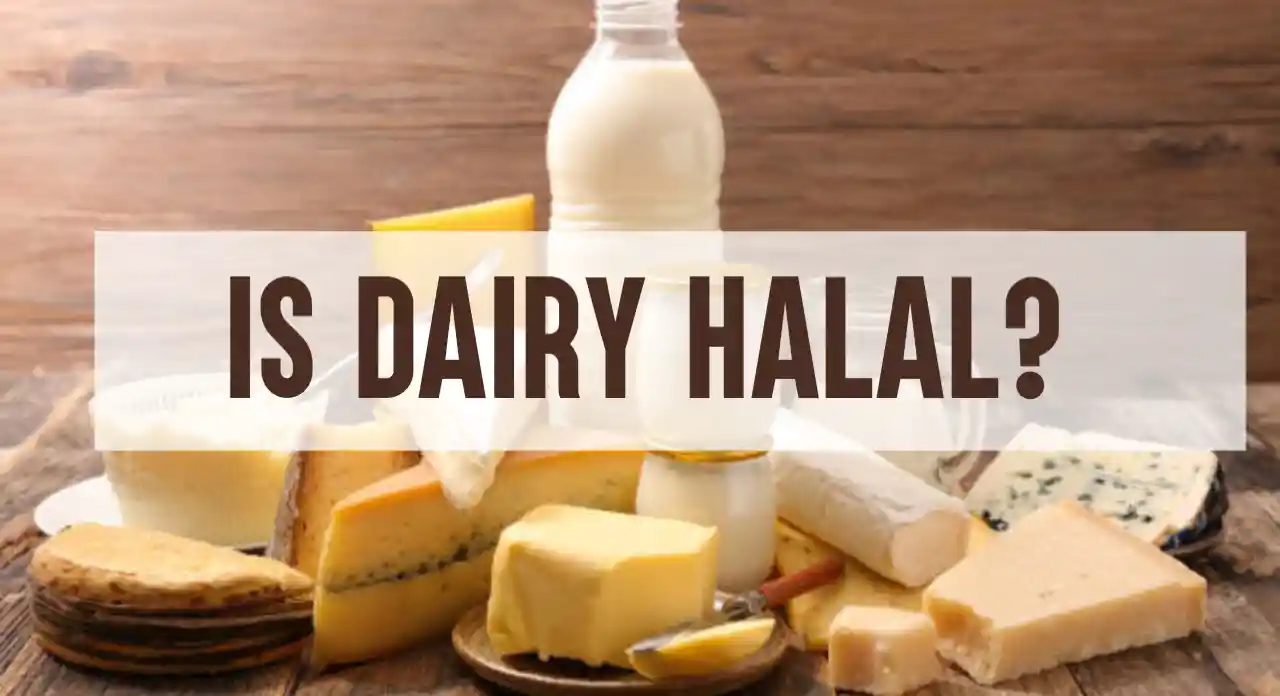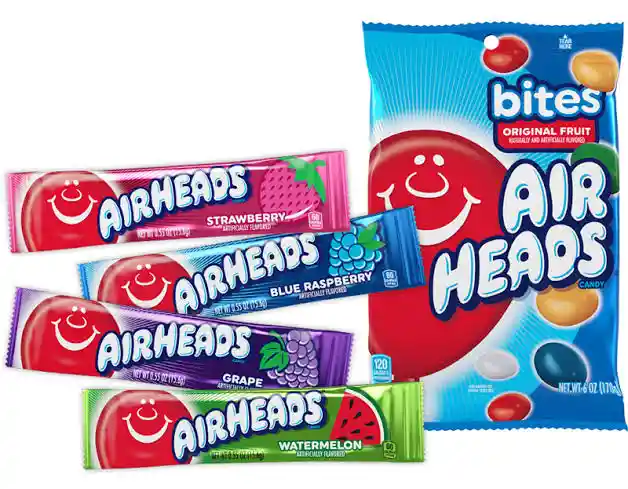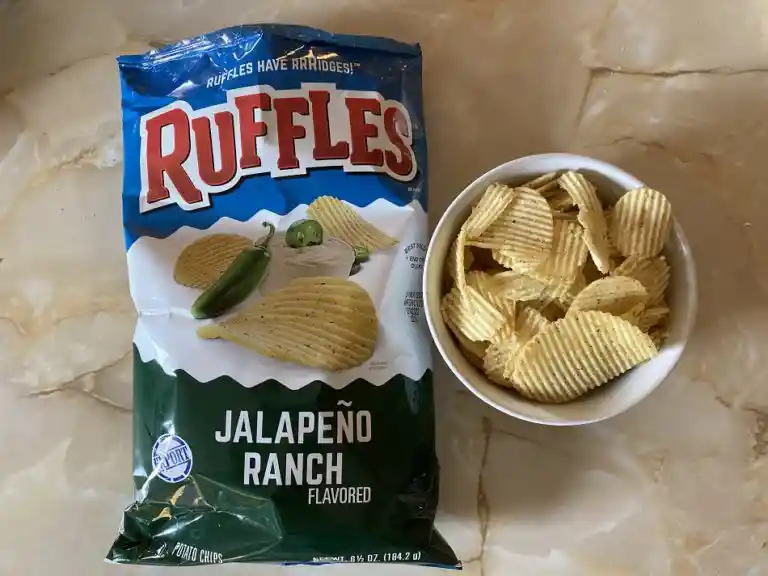Is Diary Halal? What You Need To Know
Advertisements
Is diary halal? Diary products, including milk, cheese, and butter, are commonly consumed by Muslims around the world. However, some may wonder if these products are considered halal (permissible according to Islamic law).
Is Diary Halal?
Yes, according to Islamic scholars, diary products are generally considered halal as long as they come from a halal animal, such as cows, goats, or sheep. These animals must be slaughtered in a humane manner and according to Islamic guidelines.
Diary products such yogurt and cheese will be Halal (permissible) to consume as long as they do not contain any Haram (impermissible) ingredients.
The only thing you need to worry about is something haram being added to it. Halal rules are mostly about allowable meats.
In addition, the dairy farm and processing facilities must follow certain guidelines to ensure that the products are considered halal.
Advertisements
These include avoiding the use of pork-based additives, and ensuring that the products do not come into contact with non-halal substances.

Gelatin in yogurt and rennet in cheese should also be halal. The Islamic ruling concerning rennet is that if it is taken from an animal that has been slaughtered according to Shari’ah, then it is pure (tahir) and can be eaten. This is according to the Hanafis, Malikis, Shafi’is and Hanbalis.
As regards eating rennet taken from an animal that dies naturally, or that was not slaughtered in accordance with Shari’ah, according to the apparent meaning of the opinions reported from the majority of scholars among the Malikis, Shafi’is and Hanbalis, it is impure (najis) and should not be eaten.
In addition, if the gelatin in yoghurt is taken from an animal that has been slaughtered according to Shari`ah, then it is pure and can be eaten. If the gelatin is taken from a Haram animals like pork, it is haram, impure, and should not be eaten.
In conclusion, diary products are generally considered halal as long as they come from halal animals and are processed in a halal manner.
Advertisements
It is up to each individual Muslim to decide if they wish to consume these products based on their own personal lives and dietary restrictions.
Advertisements







